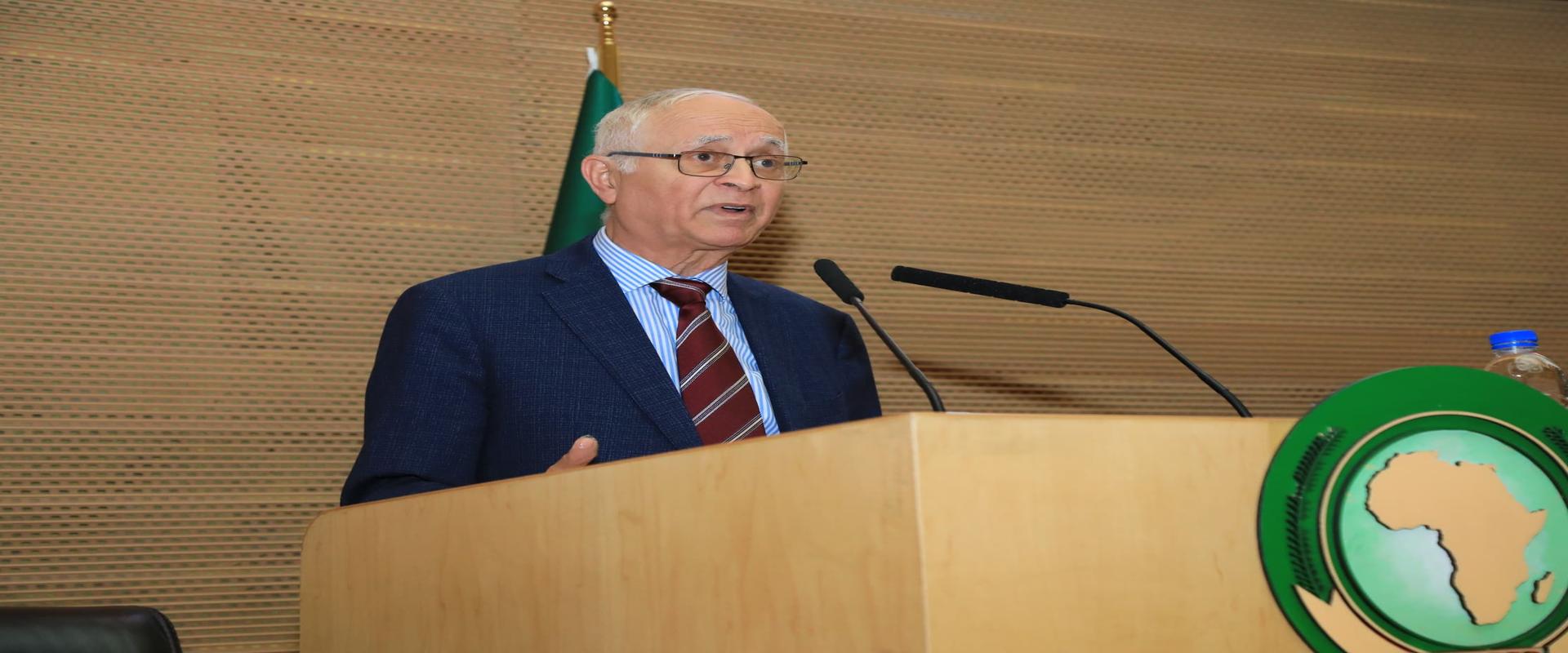The 3rd GPE-KIX Continental Symposium on Research in Education was held in Addis Ababa, Ethiopia, from November 20-22, 2024. The event brought together policymakers, researchers, and education leaders from 44 African countries.
The symposium, themed Educate an African fit for the 21st century: Building resilient education systems for increased access to inclusive, lifelong, quality, and relevant learning in Africa, entailed sharing knowledge, innovations, and evidence-based strategies to address the continent's pressing educational challenges. Here are some of the lessons and takeaways from the symposium.
1. The Power of Collaboration and Evidence-Based Policymaking
One of the most resounding themes of the symposium was the importance of collaboration between governments, researchers, and education stakeholders. The symposium emphasized the critical role of evidence-based policymaking in educational reforms. It emphasized that rigorous research should inform education policy decisions to ensure efficient resource allocation, reduce inequality, and improve learning outcomes.
However, a significant gap remains in the dissemination and utilization of research findings. Many valuable studies remain invisible to policymakers, limiting their impact on practice. To bridge this gap, there is a need for stronger research infrastructure, capacity building for African researchers, and platforms that foster collaboration between researchers, policymakers, and practitioners.
2. Equity and Inclusion: Leaving No Child Behind
Equity and inclusion were central to the discussions, with a particular focus on addressing the challenges faced by marginalized groups, including girls, children with disabilities, rural learners, and refugees. Gender equality in education emerged as a critical issue, with the symposium calling for targeted interventions such as scholarships, safe spaces for girls, and efforts to challenge harmful gender stereotypes.
Inclusive education for children with disabilities was another major focus. The symposium shared innovative approaches, such as the use of assistive technologies in Rwandan schools, which empower students with disabilities to access quality learning. The symposium also highlighted the importance of community involvement in supporting marginalized learners, emphasizing that education is a human right that must be accessible to all.
3. Teacher Quality and Professional Development
The quality of teachers is the foundation of any effective education system. The symposium placed a strong emphasis on teacher training and professional development. Participants called for robust pre-service and in-service teacher training programs, particularly in emerging areas such as digital literacy and artificial intelligence.
The need to attract and retain high-quality teachers was also discussed, with recommendations to improve teachers' welfare, including better remuneration and recognition of their work.
Innovative strategies for teacher development were shared, such as the use of low-tech solutions like WhatsApp for teacher training in resource-constrained communities. These approaches demonstrate that even in challenging conditions, creative solutions can strengthen teacher effectiveness and professional growth.
4. Leveraging Technology and Data for Educational Transformation
The potential of technology to transform education was an area of focus at the symposium. From robotics in Rwandan classrooms to AI applications in Chad, technology was seen as a powerful tool for enhancing STEM education and bridging the digital divide. However, participants also cautioned against the unchecked adoption of "off-the-shelf" solutions, advocating instead for open-source technologies that can be adapted to local contexts.
Data-driven decision-making was another critical point of discussion. Strengthening Education Management Information Systems (EMIS) was identified as a priority. The symposium called for better data collection, analysis, and interpretation to inform policy and practice in the sector.
5. Curriculum Reform and Decolonization
Curriculum reform emerged as a pressing need, with participants advocating for curricula that are aligned with 21st-century skills and local contexts. There was a strong call to decolonize African education systems by prioritizing national languages and developing more relevant curricula. Teaching in mother tongues at the primary level was seen as a way to improve learning outcomes and foster cultural relevance.
6. Leadership and Management: The Backbone of Resilient Systems
Effective school leadership and management were identified as critical factors in creating positive learning environments and promoting student success. Participants emphasized the need for training and support for school principals, particularly in resource-constrained settings. Decentralization of education management was also discussed as a way to promote local ownership and accountability.
Moving from Research to Practice
The symposium concluded with a strong call to action for governments, researchers, and stakeholders to translate the insights and recommendations into tangible policies and practices.
Key priorities include investing in teacher training, leveraging technology, promoting inclusive education, and strengthening data systems. The establishment of a network of African education researchers was proposed to foster collaboration and advocacy.
Moving forward, the challenge lies in ensuring that the outcomes of the symposium influence policy and practice across GPE-KIX countries in Africa. The GPE-KIX initiative has laid a strong foundation, but sustained efforts are needed to bridge the gap between research and implementation. By working together, Africa can build resilient education systems that equip African learners with the skills and knowledge they need to thrive in the 21st century.


